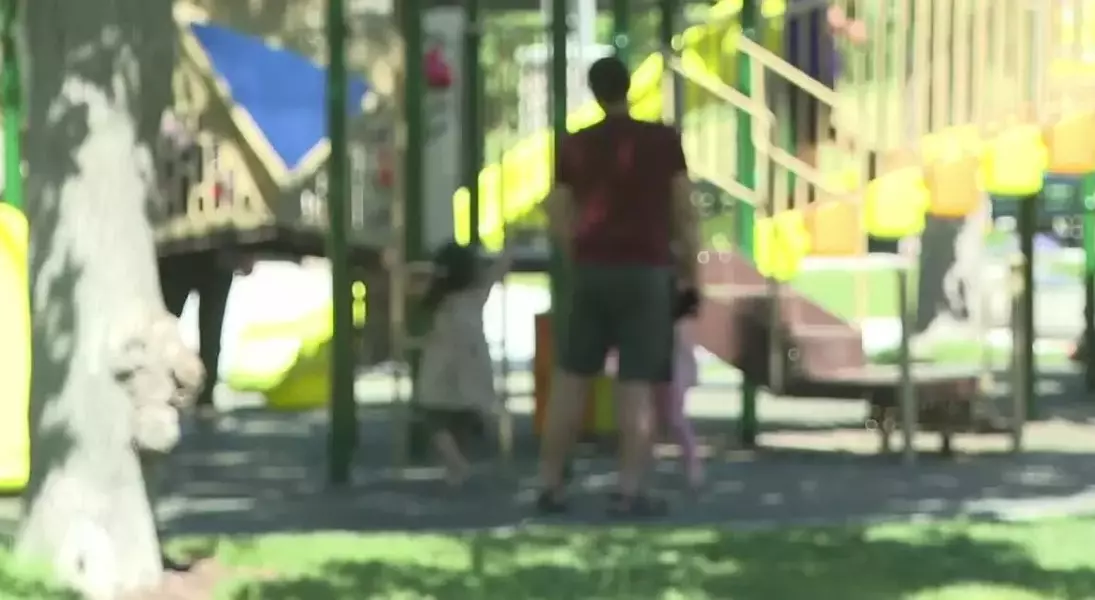
Amidst soaring temperatures, it's crucial to adopt preventive measures while venturing outdoors. From hydration tips to planning activities strategically, experts emphasize the importance of staying cool and safe. At a local summer camp, Wasatch Kids Camps, director Becca Ulibarri shares insights on managing heat-related challenges for children. Pediatricians also warn about potential heat illnesses, urging parents to recognize early signs and take necessary precautions.
Understanding the risks posed by extreme heat, especially for vulnerable groups like children, is essential. Whether through shaded areas, water-based activities, or increased fluid intake, strategies abound to mitigate the effects of high temperatures. By remaining vigilant, both caregivers and medical professionals can ensure safety during these sweltering days.
Camp Strategies to Combat Heat
Summer camps across Utah are adapting their schedules to accommodate rising temperatures. At Wasatch Kids Camps, Becca Ulibarri ensures that afternoons are spent either indoors or engaging in water-based activities. This approach helps protect children from the peak afternoon heat. The camp maintains ample supplies of water and uses creative methods such as spray bottles to keep kids refreshed.
With temperatures climbing, outdoor programs must rethink their daily routines. Ulibarri emphasizes the significance of hydration and shade, ensuring that every child remains comfortable and hydrated throughout the day. To enhance this effort, the camp utilizes shaded areas and encourages frequent water breaks. Additionally, innovative cooling techniques like misting systems add an extra layer of comfort. By prioritizing safety, Ulibarri underscores the importance of proactive measures in maintaining the well-being of all participants.
Preventing Heat Illnesses in Children
Pediatricians caution that heat-related illnesses may not always be apparent, particularly in children who enjoy playing despite the heat. Signs such as excessive warmth, lack of sweating, lethargy, or irritability indicate the need for immediate cooling measures. Dr. Jennifer Brinton advises increasing water intake to prevent dehydration and associated health issues.
Heat exhaustion and stroke remain common concerns during prolonged exposure to high temperatures. To combat these risks, pediatricians recommend an additional one or two cups of water daily for older children. For those engaged in strenuous physical activity, switching to electrolyte-rich fluids after an hour is advisable. Parents and guardians should remain attentive to behavioral changes, ensuring timely interventions when necessary. Through education and vigilance, communities can safeguard their youngest members against the adverse effects of extreme weather conditions.
